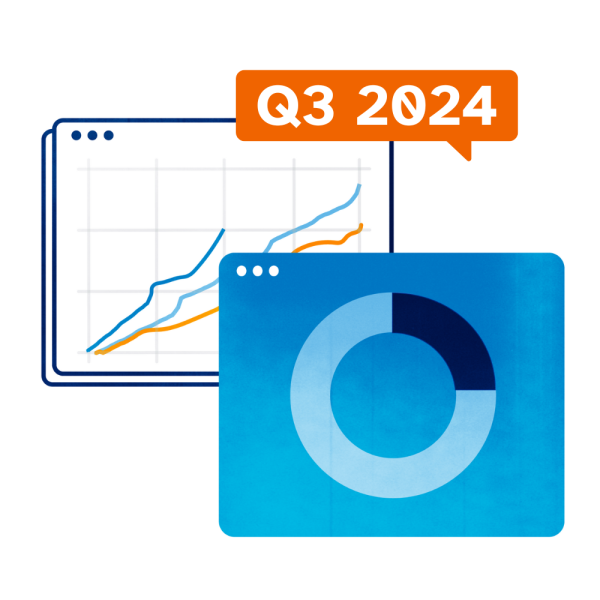There's been a flurry of coverage about down-ballot races ahead of the election, based on this Larry Sabato post:
The statehouses will provide the third leg of the Republicans’ 2010 victory. We have long suggested the GOP would gain a net +6 governorships. We now believe they will win +8. This boon to the GOP for redistricting will be enhanced by a gain of perhaps 300 to 500 seats in the state legislatures, and the addition of Republican control in 8 to 12 legislative chambers around the country.
Redistricting matters, and the GOP is acting accordingly, with the Republican Governor's Association (RGA) taking $1,000,000 from News Corp., the parent company of Fox News. Democrats are, to our credit, a little less comfortable funneling huge sums of corporate cash (however "fair and balanced" it may be) into downballot races, but that doesn't mean we're helpless.
Down-ballot races are largely overlooked by national press outlets despite their central role in the redistricting process that will start in 2011. The flip side of that problem is that, as a donor, your dollar goes a long way in these races. Ad buys are cheaper. Materials costs are lower. So taking the time to Google your State Senator or State Legislator and send him/her $5-$25 dollars on ActBlue is going to mean a lot to that campaign, especially if you encourage a few other people to do the same.
In fact, the 100,000,000th dollar to go to a Democrat through ActBlue went to Monk Elmer, who is running for Wisconsin State Senate in the first district. And he and the rest of the Wisconsin State Senate races are a good example of how Democrats can fight back against the GOP's attempt at a down-ballot coup.
The Wisconsin Democratic Party has been dilligent about getting their state-level candidates up and raising on ActBlue. Wisconsin State Senate races alone have raised $250,000 (all-time) on ActBlue, and, more importantly, our tools have revolutionized the way these smaller races fundraise. Here's Kory Kozloski, the Executive Director of the Wisconsin State Senate Democratic Committee, on what ActBlue has meant in his races:
ActBlue has been a fantastic tool for our candidates and their supporters. It’s allowed us to add a whole new dimension to our fundraising efforts. It's given us the ability to tap the same online donors as national and statewide campaigns, and harness those resources for State Assembly and State Senate races.
ActBlue has also made our traditional fundraising tactics like candidate call-time, direct mail, and small dollar calls much more effective by allowing supporters to give instantaneously. Not only has ActBlue greatly increased our response rate, but it also saves a great deal of time and money that would otherwise be spent on pledge letters and chase calls.
That additional money and savings in terms of both staff time and materials means more competitive downballot races. It means Democratic candidates can resist the huge sums of corporate money that the GOP Is pouring into these races, and do so in a way that's consistent with Democratic principles.
But there's also lasting change taking place here, in the form of staffers and candidates trained in new approaches to fundraising, and with the confidence and skills to reach new donor communities. As those staffers and candidates move through the political world, they'll bring that expertise to new campaigns and new offices and help change the way we–political insiders and ordinary citizens alike–view political fundraising.
To steal a line from a former state senator, that's change you can believe in.



